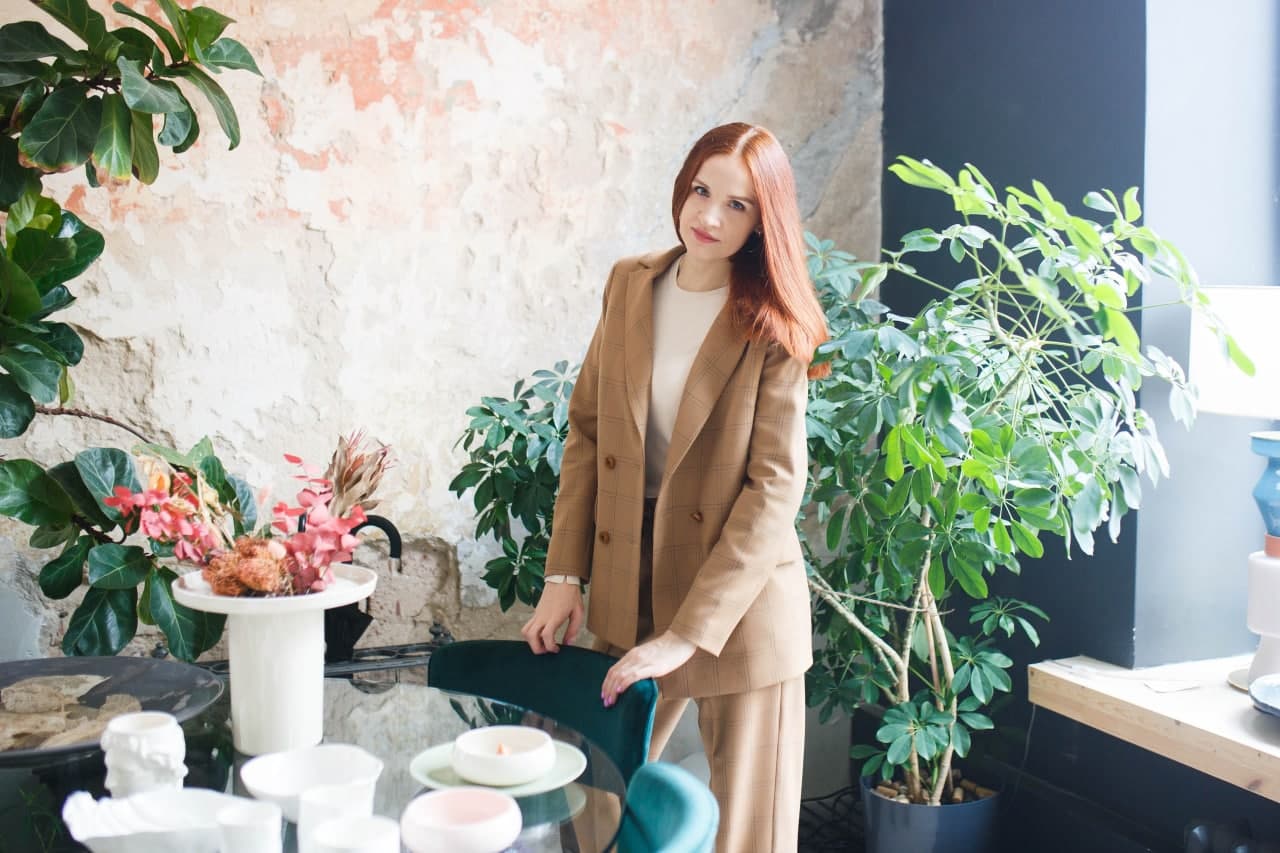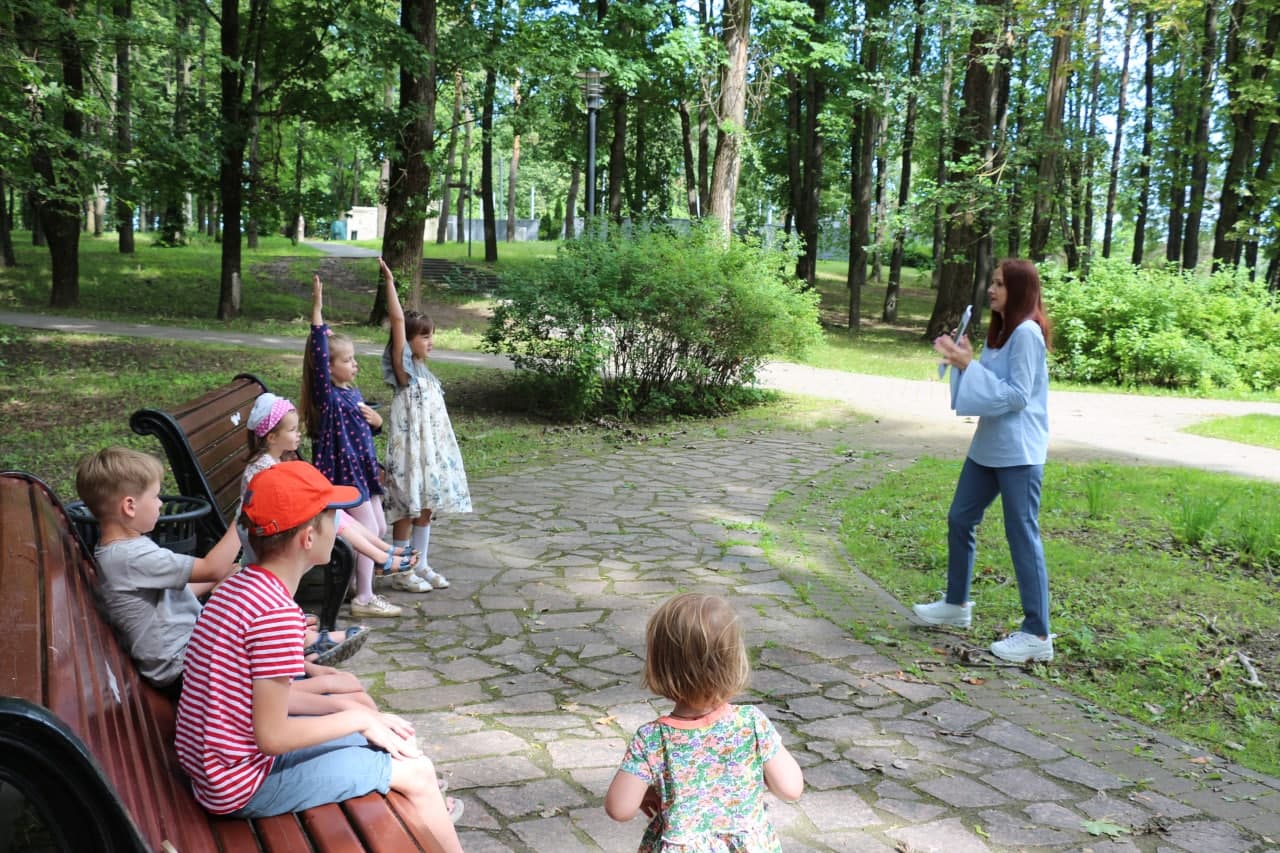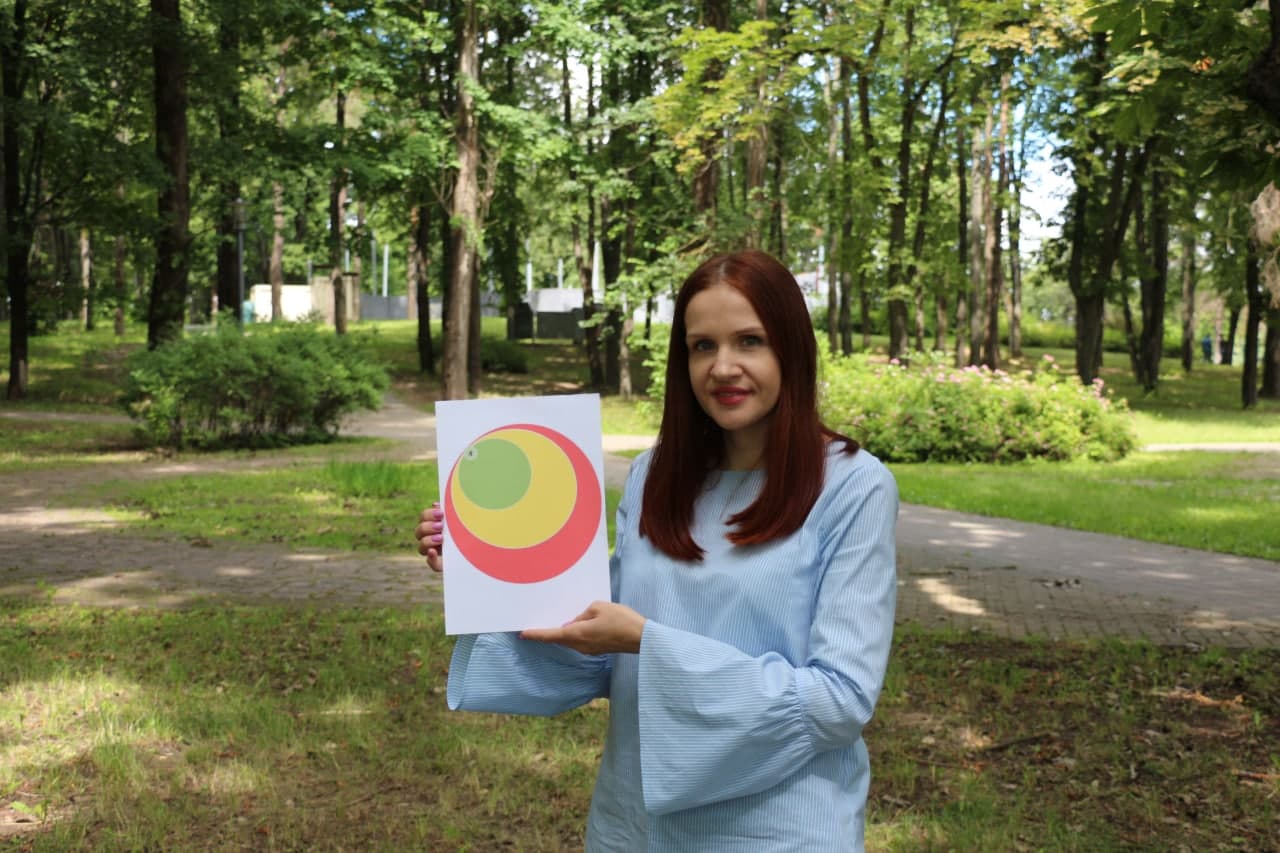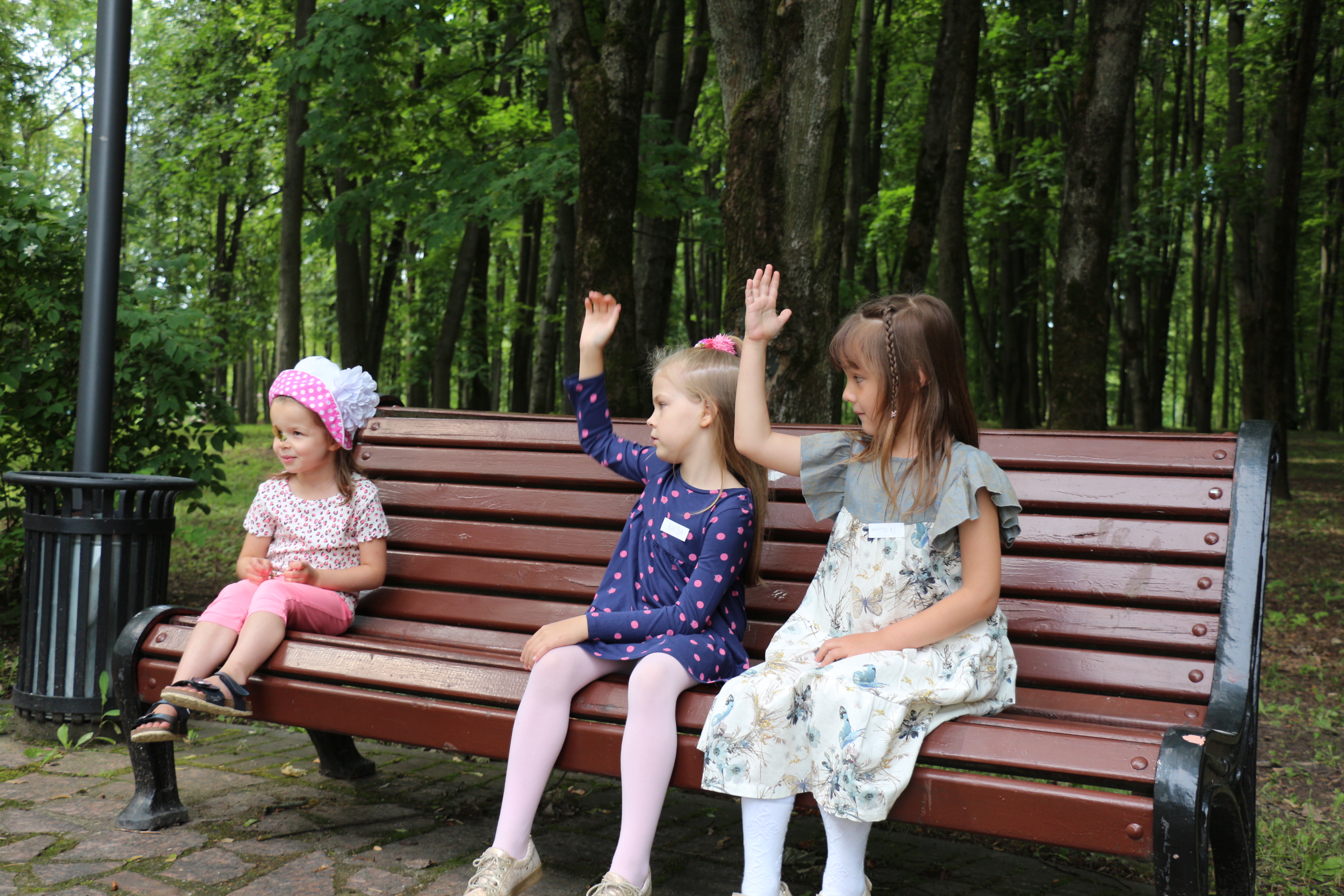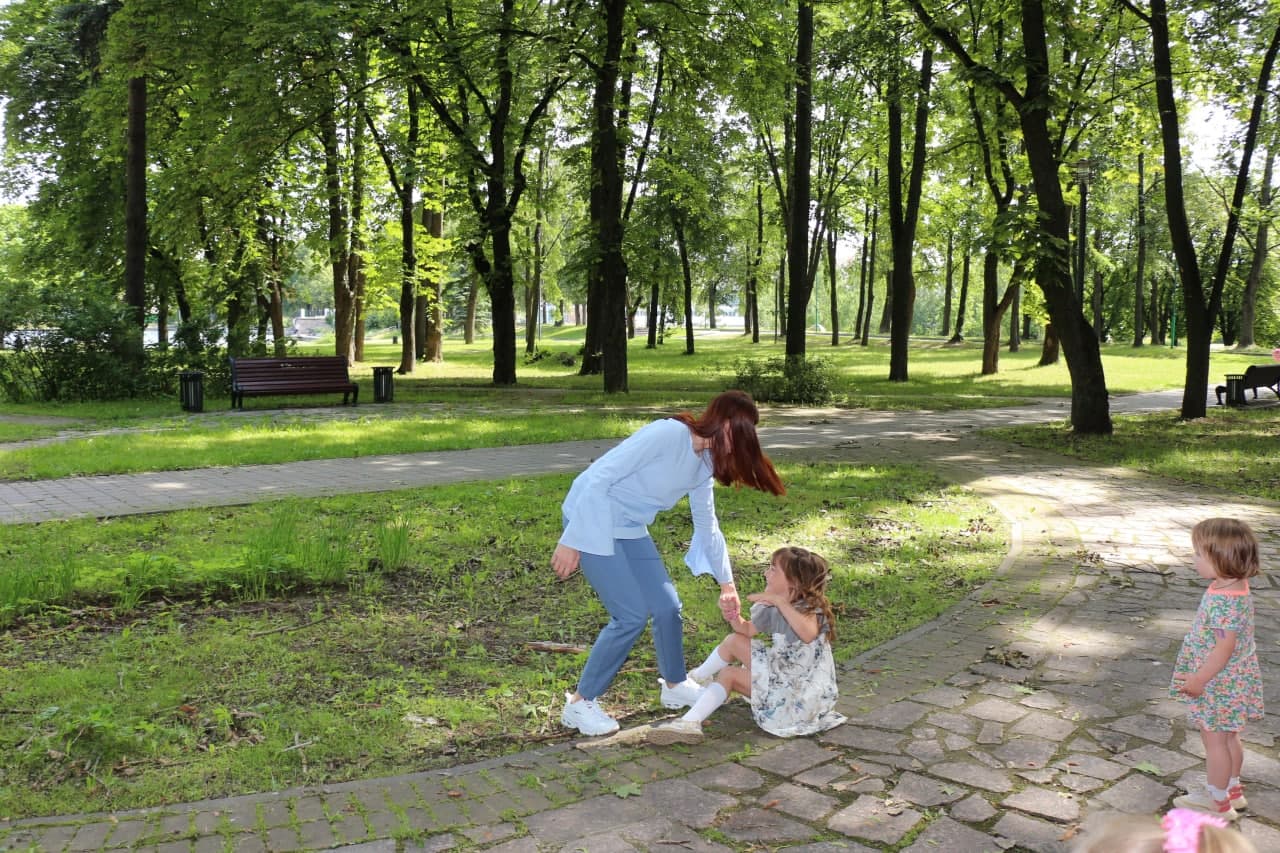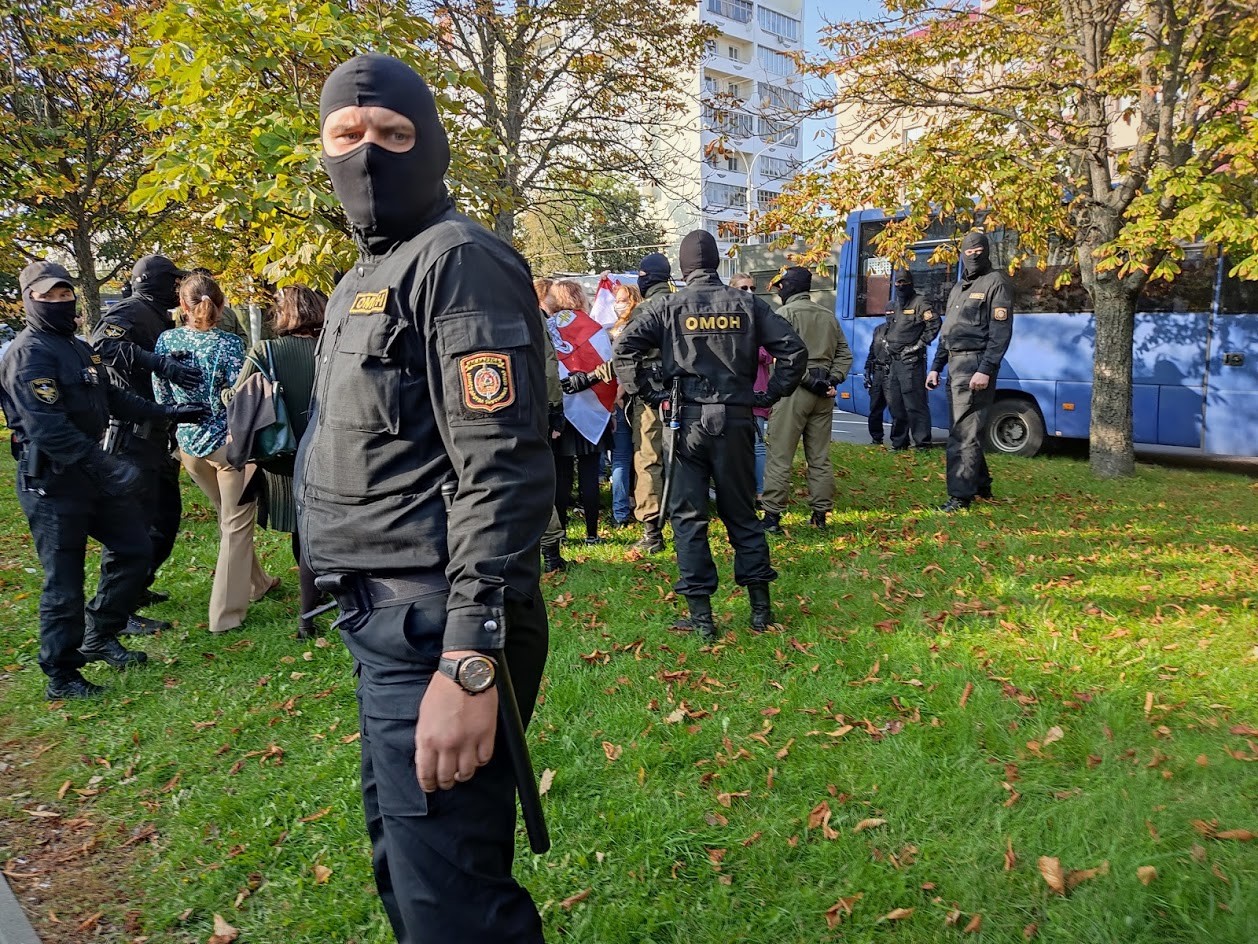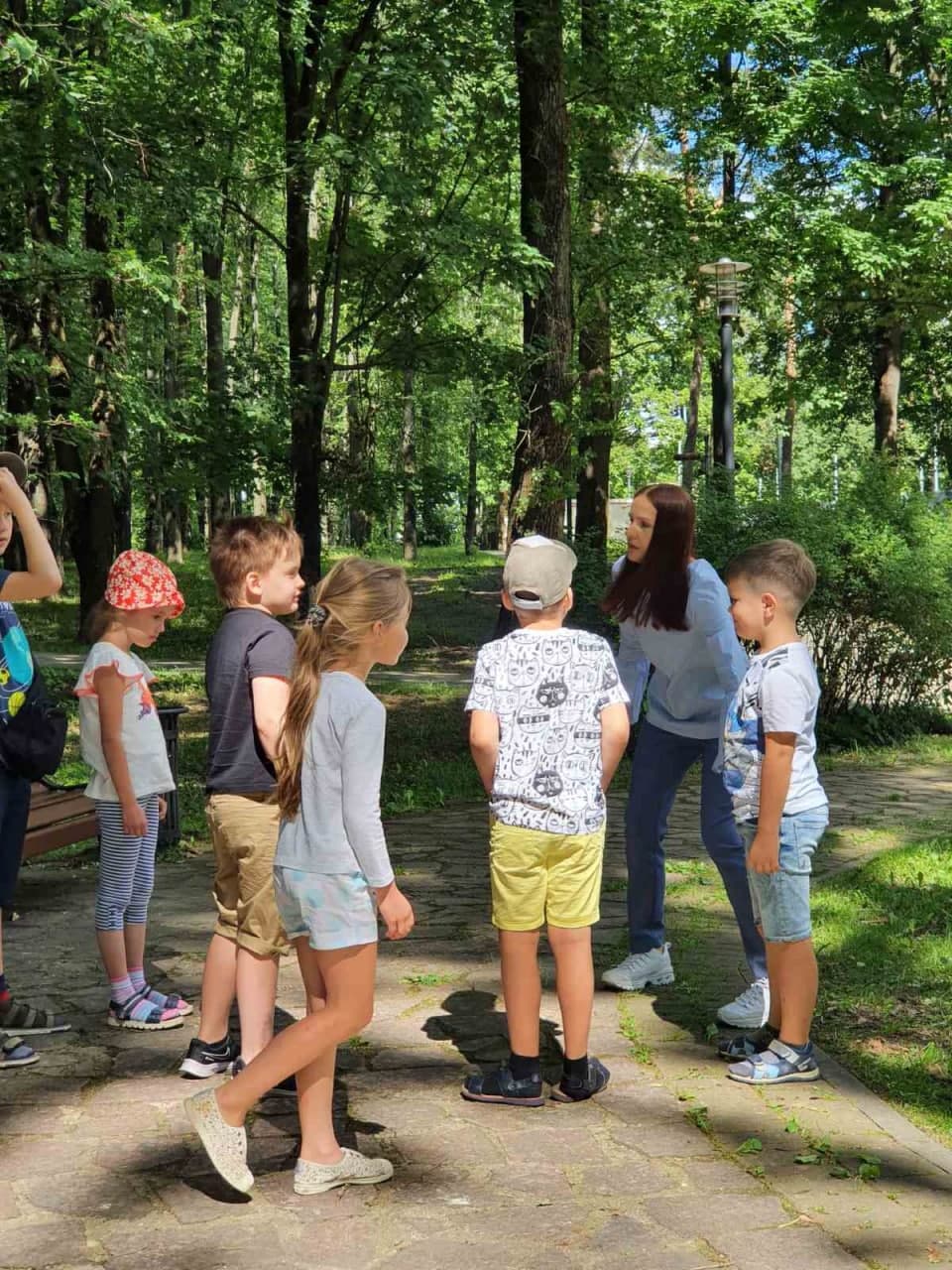Children's safety school in Minsk
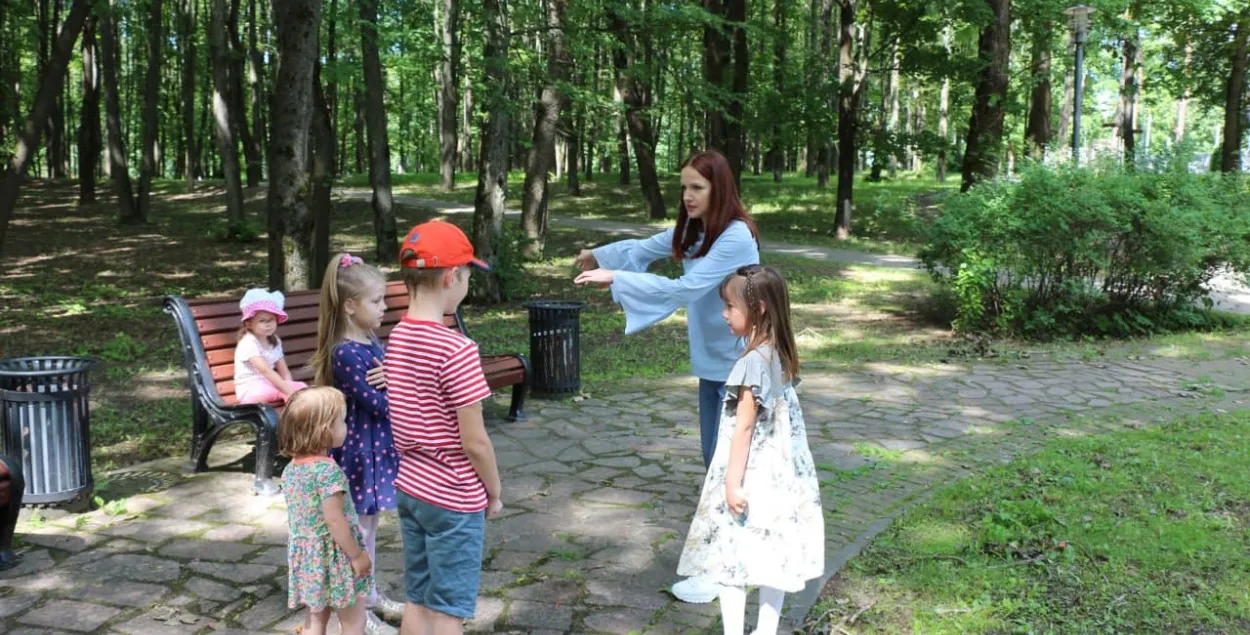
A class in the park / photo from archive
"It all started when I opened an Instagram account and started communicating with parents there. It turned out that many people were concerned with children's safety," ex-financier and now educational psychologist Liudmila Lasitskaya told Euroradio.
After having a baby, the Minsker got a second education and opened a school of children's safety. It is called Safe Kids. There children and teenagers can get necessary knowledge about how to deal with strangers, how to act online, how to deal with hooligans, bullying at school. They also learn the rules of personal safety and how to act in emergency situations.
In an interview with Euroradio, Liudmila explained how the project came about and why it is important today.
Liudmila Lasitskaya: When my oldest daughter was four, I started thinking about how to make her life safer. The knowledge I had gained before was not enough. On the Internet, I found information about the "Stop Threat" safety school for children and adults in Russia. They use modern techniques to teach proper behavior in various extreme situations. There's nothing similar in Belarus, but I was told that a branch of the school would appear in Minsk.
A year later, I contacted them again - they told me that the project failed. Then I realized that it was time to act on my own: I enrolled in a program for teacher-psychologists. At the same time and at the same school, I studied to become a certified safety trainer. I mastered their methods and tried to hold classes here, and that's how it all came about.
Euroradio: How long has your school been operating?
Liudmila Lasitskaya: I started about a year and a half ago, but then there began a pandemic and I had to suspend the classes. I resumed it last summer. As long as the weather allows, meetings are held in parks, at times convenient for children and their parents, as long as it's warm. Outside, the children feel much more relaxed.
I base my lessons on the topics that adults are concerned with: "What to do if a child is a home alone and the doorbell rings?", "How to react to strangers who come up to them on the street or walk into the entrance hall?", "How to react to bullying at school?", "How to be safe online?" and so on.
You don't have to go to every class; you can even sign up for just one. Depending on the topic, I put together groups of children from 5 to 11 and from 12 to 17 years old. All classes can be divided into preschool, primary and adolescent age. The cost of each is 14-16 rubles. During the school year, I visit classes in schools. In the case of large groups, the cost of classes starts at 8 rubles.
Euroradio: How is your method unique and why is it more interesting than, for example, life safety classes at school?
Liudmila Lasitskaya: The main advantage of classes is their interactivity. I give an example of various situations, we talk, and children come up with some of the solutions on their own.
Basically, when I ask how to recognize a criminal, almost all students under nine describe a man in black clothes and a mask with a bag of money behind his back. I respond with other examples, and the children begin to realize that criminals often disguise themselves as normal people so they won't be recognized.
When we discuss strangers, we act out scenarios. I approach everyone with requests or suggestions, for example, "your mother said to pick you up," or "we need a soccer player," or "I have an interesting game, come with me." The child must respond correctly.
We practice calling for help, falling down, screaming, and kicking to use these skills if the child is attacked, God forbid. We practice every situation.
Euroradio: When do adults contact you?
Liudmila Lasitskaya: I get about 70 percent of the questions from parents when they start to let their child outside alone. They feel that they take a risk and begin to think about how to explain that adults can be different and behave in different ways. At the same time it is important not to scare children, to make sure that the child does not lose faith in good people.
From the very beginning, I have very much welcomed it when dads and moms come to class with their children together. Then they can help them reinforce what they have learned.
I have also noticed that often parents know what their children should not do. They tell them "stay away", "don't talk", "don't open the door", but they don't always understand what children can do.
Children are confronted with restrictions without understanding what they can do on their own. The information that they learn in class helps them learn how to get out of certain situations by themselves.
Thus, my main task is to instill in the child the confidence that they, too, can stand up to even a bad adult.
Euroradio: What are today's children like?
Liudmila Lasitskaya: They are highly dependent on other people's opinions and views. It is very important for them to know what people think about them. It is more difficult to make an eight-year-old child scream. They are constantly looking around to see if anyone is around. If someone is walking by, they're embarrassed. They think, "What am I going to do, yell like a fool?"
But in order to protect themselves, in some situations, you have to be weird, noisy, uncultured. Children may find this difficult.
If we look at it from the point of view of learning, today's children are very difficult to interest. From the age of nine, they've been sitting on tic-tac-toe and Instagram, and they're used to getting information in doses and quickly.
Kids aren't ready for long lessons, so it's important to shift tasks and types of communication. I'm not sure they often think about this in classes at school.
Euroradio: Are there any topics you would like to work on, typical of our times?
Liudmila Lasitskaya: Firstly, it is the Internet. Not all parents understand how to protect children from dangerous information.
Secondly, the topic of personal boundaries. Recently, a mother told me what game children play. A boy pretended to be blind and groped everyone who participated as if he was looking for something - including the girls. Children need to learn to protect their personal space.
Also, maybe the topic of bullying. We discuss what to do when someone bullies you. We talk about how one can be offended. Then, on the other side, we talk about why to be offended. We figure out what emotions we want to see when we offend. Then we switch and talk about aggression, whether it's a good or bad feeling.
Then we get to the heart of the conflict. I suggest different ways to respond appropriately to negativity. We also practice that reaction right away.
Euroradio: Riot police on the streets, violent dispersals of protests. Do you feel that children have been influenced by the events of 2020?
Liudmila Lositskaya: Of course, they have. I did not hold classes last September, I did not have the moral strength. I started to work in October. I heard from the children that the police are thugs who cannot be trusted.
I talk to the children, but I think it makes no sense to change their minds. If their families have such a viewpoint, I think it's wrong to interfere.
Last year kids were playing "protests" in the yards, but not so much anymore. Children understand what state adults are in. Some parents do not discuss with their children what is going on, but many others do.
Parents used to ask me what to do. I said that if the child does not ask questions and you understand that he or she is not thinking intensively about what is going on, you can say nothing. If they need to, they will ask. If they do, it is better to answer, so that they understand better.
Last year, the children asked a lot of questions. They asked, for example, when and where to look for help, when they saw people on the streets who looked like criminals from their imagination (black clothes, masks). I could sense that they were agitated. They still ask about it, but these are isolated cases.
Euroradio: We used to teach children: if you feel in danger -- call the police. But here they see riot policemen at playgrounds and feel that danger comes from them. What to do?
Liudmila Lasitskaya: Personally, when it comes to a situation when a child is being followed, I advise looking for a couple with children or uniformed officers. I continue to do this for the kids to have the right picture of the world.
No matter what, I still truly believe that MIA officers will help a child. If we now destroy the right picture of the world of the younger generation, I don't even want to think about the consequences. We all believe and hope that everything will return to normal in the right way.
Euroradio: How do you see your project developing?
Liudmila Lasitskaya: I have two goals. First, I want as many parents as possible to think about what they can do to keep their children safe and confident.
The second is to work with children. Training and online classes are not a substitute for family work. I offer a toolkit to help parents explain safety rules to children.
Ideally, I would like every city in Belarus, at least a major one, to host safety classes: offline or online. Don't lecture, just communicate with the kids. No matter how much we control our children with a smartwatch, they won't help if they are rejected.
It is important that the relationship at home is based on protection and the overall safety of family members. Trust is the most important thing.
